The common cliché that “tone starts in the fingers” is quite accurate. Remember, however, that your fingers create that tone by interacting with your strings of choice. There are hundreds of different sets of strings out there that use differing materials, gauges, and construction techniques. If you’ve dug deep enough into all of the differences between different brands of guitar strings, you’ve undoubtedly come across a classic—and unsettled—debate: are round core guitar strings or hex core guitar strings better?
Well today we’re diving into the important differences between these two primary varieties of guitar string construction to help you decide what’s right for you and your instrument.
Round Core Guitar Strings
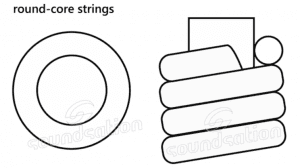
Round core strings are the traditional, or “vintage” style of guitar string construction. As the name suggests, round core guitar strings are constructed using a round core wire underneath the winding.
Round core construction was the standard method of construction for many years—up until hex core strings were developed. Though most manufacturers these days favor hex core strings for a number of reasons that we’ll get into here shortly, round core strings are still made by many manufacturers (GHS, DR, La Bella, Newtone, Thomastik, and of course, yours truly).
The primary advantage of round core construction is that more of the surface area of the core wire is in contact with the winding (in theory, nearly 100%) which means a greater density for a string of the same gauge, vs a hex core string. Generally, round core strings are slightly more flexible than their hex core brethren.
Tonally, the biggest different with round core guitar strings is that they tend to have a much boomier bottom end, and less high end clarity than hex core strings.
At Stringjoy, we use round cores in our pure nickel Broadways, because that boominess gives them a full, bottom-heavy characteristic that we really dig.
Hex Core Guitar Strings
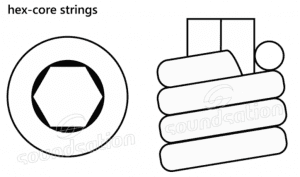
Though round core guitar strings were the only game in town for many years, in modern years most companies have switched to primarily manufacturing hex core guitar strings. These strings utilize a hexagonal core wire underneath the outer winding layer, which helps to hold the wrap wire stable and in place. Generally speaking, this stability gives hex core strings a slightly stiffer feel, but also enables them to hold tune better and as a result, be less susceptible to premature breakage.
If you have played a modern electric or acoustic guitar, you are probably more familiar with the feel and tone of hex core strings. Hex core strings are generally perceived to have a brighter, less muddy tone than round core strings. Many also perceive hex core strings to have a tighter pick attack and increased clarity. Because of this hex cores are especially necessary for guitarists that make use of extended or drop tunings to retain sonic clarity for a more modern sound.
We utilize hex cores for our nickel wound Signatures as well as all of our acoustic guitar strings because of the advantages they provide in tuning stability, longevity, and high-end clarity.
What’s best for you?
There’s a lot of hype and strong opinions in each camp of the round core vs hex core debate—when it comes down to it, everybody thinks their way is best. But ultimately, as with all things guitar, things like tone, feel, and performance can be quite subjective, so the only way to know what’s best for you is to try different things and see what works best for you.
Grab a set of our pure nickel, round core Broadways and feel all that vintage mojo for yourself.
Or, try a set of our nickel wound, hexagonal core Signatures and get the fast attack and presence it takes to cut through the mix.

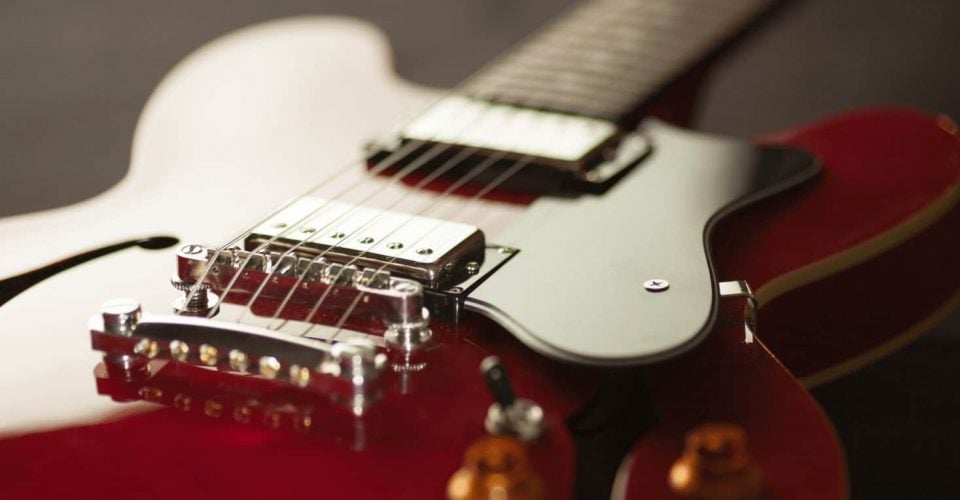



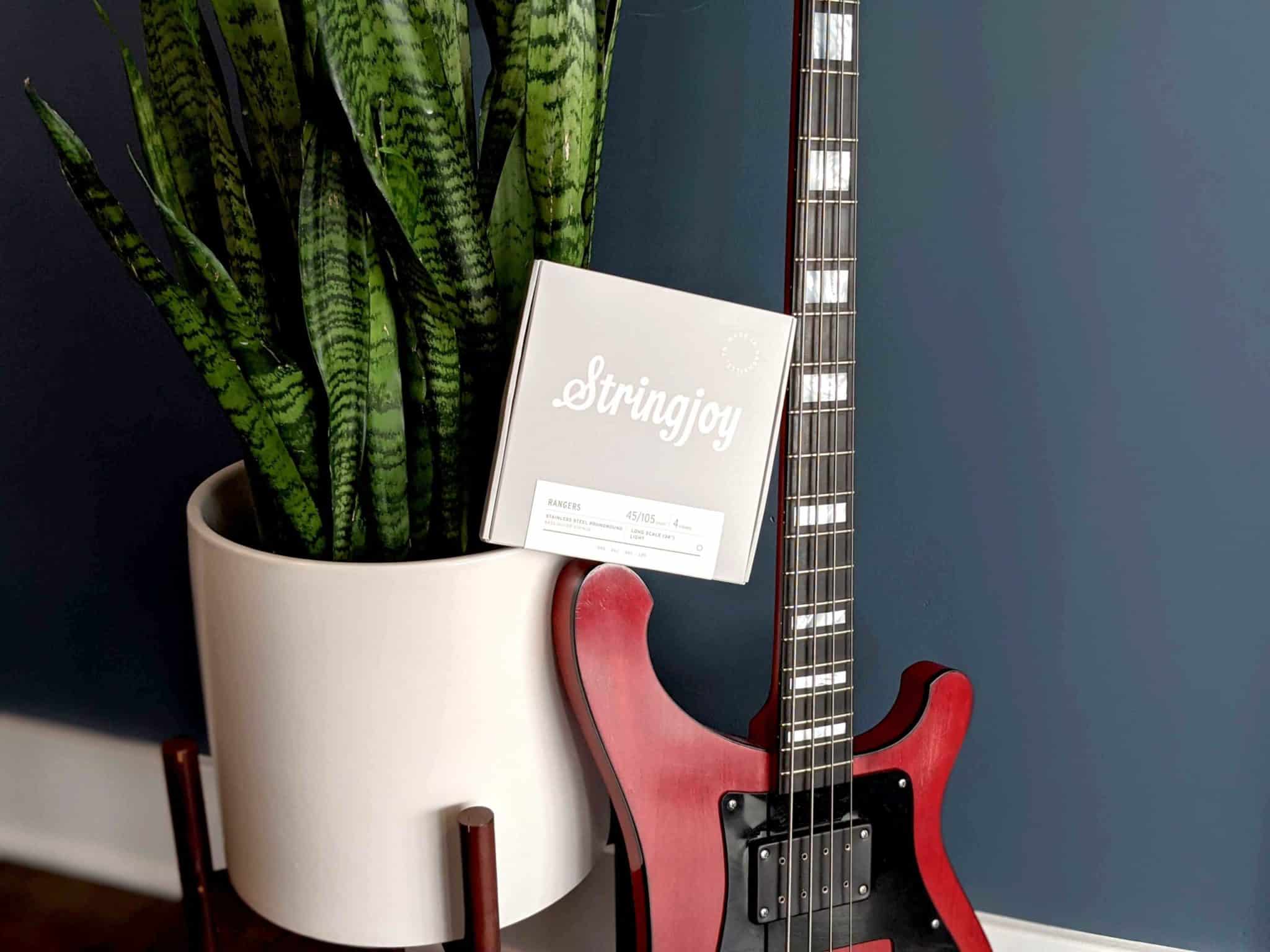
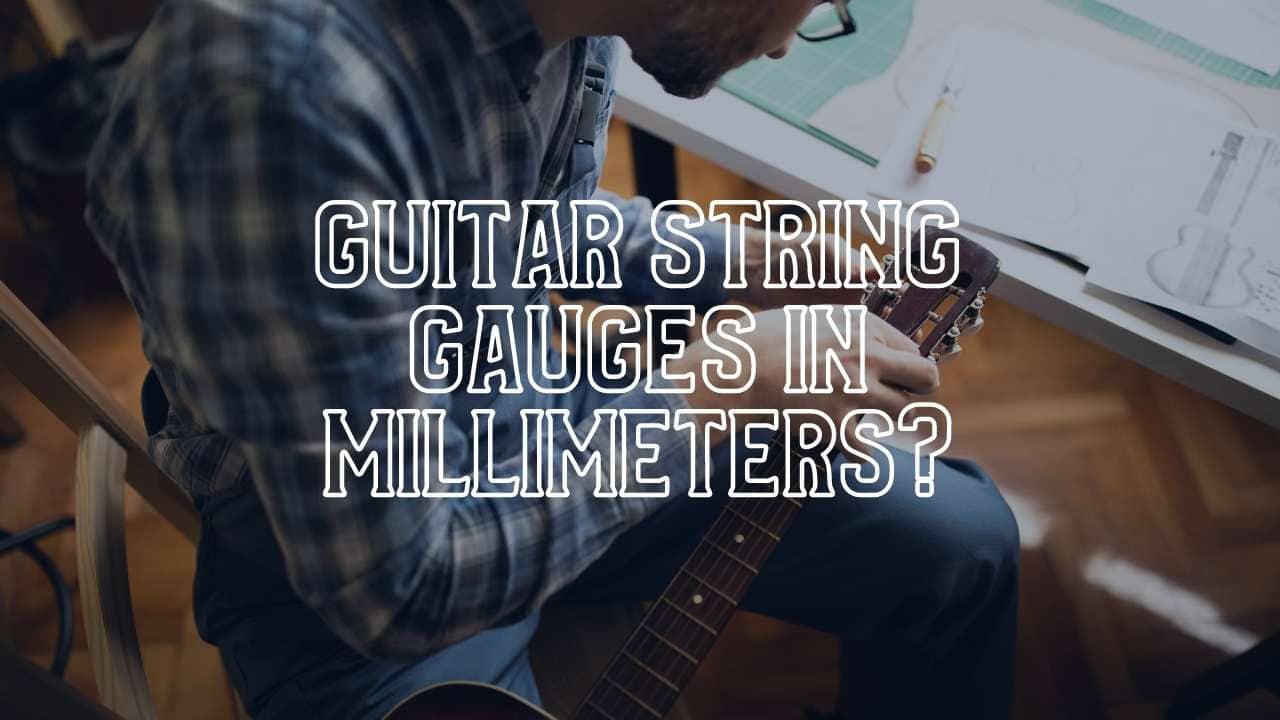
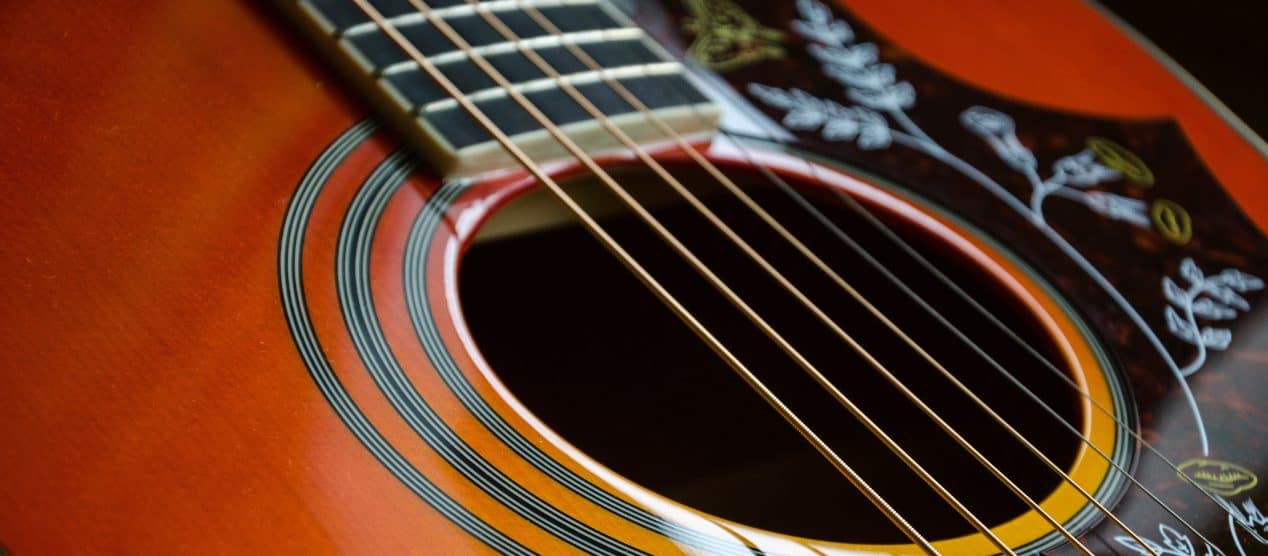
6 Responses
How about Flex-Hex Core Strings? Flex-Hex Core strings would be a Special Variation of Hex Core Strings in that the Core Wire is formulated to have the same flexibility as a Round Core String while retaining the tuning stability you’d expect out of a Hex-Core String. My original idea for Flex-Hex Core strings was to have a super thin Hex Core wire & then using a Compound Wrap like Strings for Bowed Stringed instruments.
You don’t bring up the disadvantage regarding round cores, that they require a certain method to make a kink and clip with wire cutters and crush them with pliers before you wind them around the tuning posts. If you don’t do this correctly they start to unravel, and you’ll ruin the intonation, tuning, and tone.
Nice article. The only way roundcores works today is – lo and behold – on double ball end bass strings. Rightly so that hex core has slightly more tension and slightly more high end, but I’ve ordered from New**** a hybrid set, with the two low E and A strings with hex core, and D and G round core bass strings for my headless Steinberger bass. Works a charm and evens out the differences. Since it had double ball end, it’s very easy to change out, and I could do a comparison with two identical gauge G-strings next to each other (the other residing in the D string slot) , one hex, one roundcore, tuned it up, and heard the difference and felt it. The roundcore one sounded a bit mellow in highs, but had the same output.
Thanks to its double ball end it will never unravel and the wrap/winding is very consistent. My experience is the contrary then, roundcores breaks less than hexcore equivalent. Since a) hex has slightly more tension b) grime, gunk piles up inside the cavities of the hex core. Round cores, thus, has more mass inside the wrap, since no gaps exists.
But on headstocked bass guitars, guitars, there’s hex all the way. It just has to. No way I’d use roundcores there.
Scott, as usual, another great article. When I make it to Nashville we are going to Printers Alley for a night out to celebrate your fantastic growth and your Successful business!
I have a question regarding the Plain or not-wound strings in your sets.
“Is there any difference between the Broadway & Signature sets on the typical G B E strings?” I’m curious if so why, how and what do they sound like.
Also ,Scott are your Signature sets very “Bright” on the G B E ? I tried an EB Slinky set. Lasted about a week because I couldn’t take the Icepick sharpness or how Super Bright they sounded. I just received a new Epiphone LP Custom Koa. The set that was installed at the factory, Same horrible Icepick tones. Please let me know when you can. I have two sets of Signature balanced 10’s now and was wondering if the Broadway sets would sound better. It’s a Mahogany body and set neck with a figured Koa top if that matters.
Hi Walter,
Thanks so much for reaching out, it’s always great to hear from you! The plain strings are identical in all of our sets, the only thing that changes between them are gauge.
Generally speaking, all plain steel strings are composed of the same materials in the same ratios, so they should all sound the same. You might need to adjust the pickups a bit on that guitar (lowering their height on the treble side should help) if the issue persists.
Let me know if there’s anything else I can help with!
Hex vs round was a good article. I thank you for it. It was informative and most interesting. I never knew some of those things that you mentioned. It’s notable because I was just debating which type of bass strings I should try, round core or hex. I always was told that round core was the brightest but, now I know that perhaps that’s not the case. Good thing. Because I have two sets of DR Black Beauties (hex cores) sitting in a cart waiting for me to pull the trigger for a purchase. I wanted something for brightness. And, now I’ll do just that, pull the trigger and make my purchase! Thanks, guys. Keep the knowledge coming.